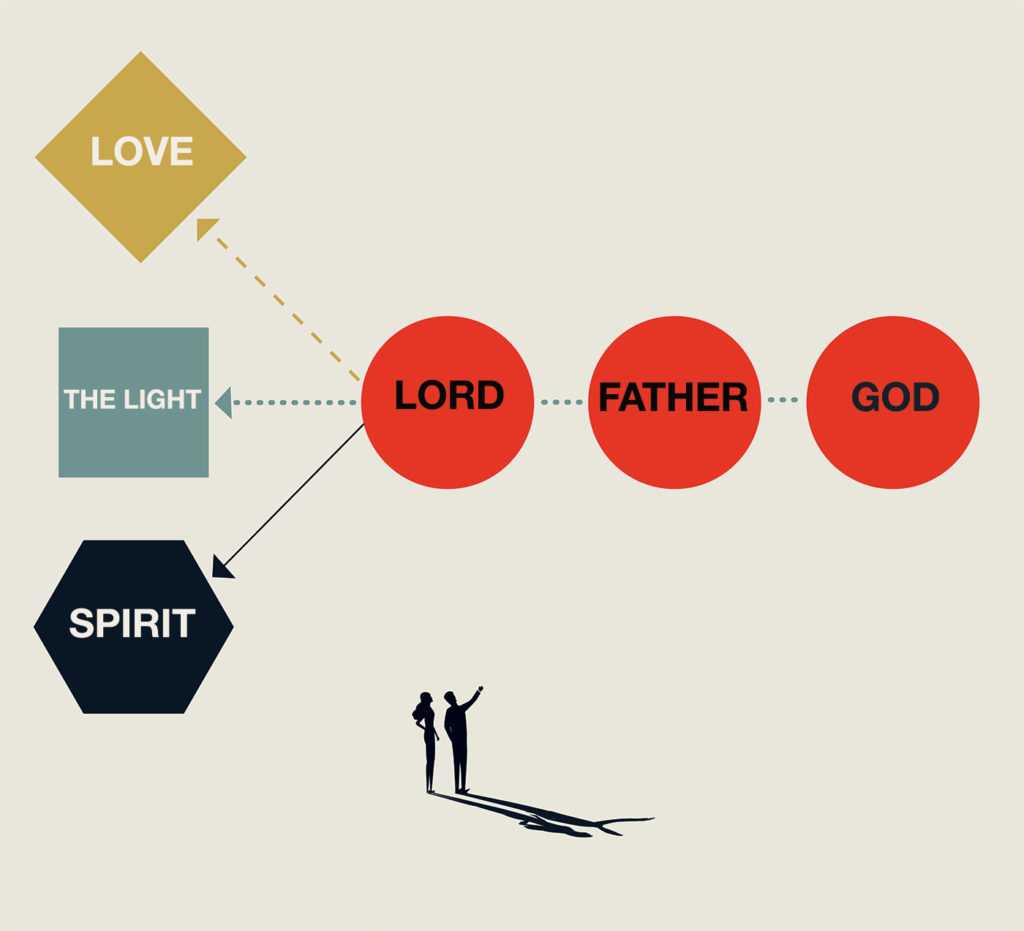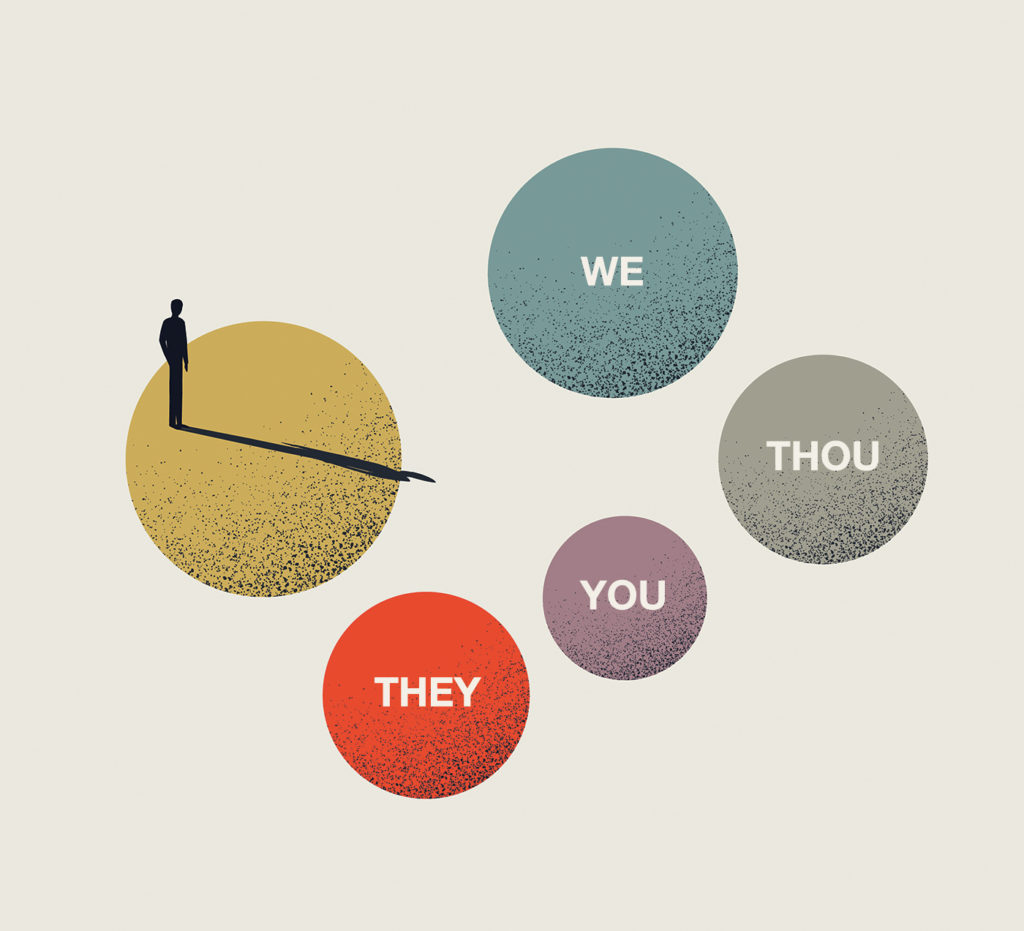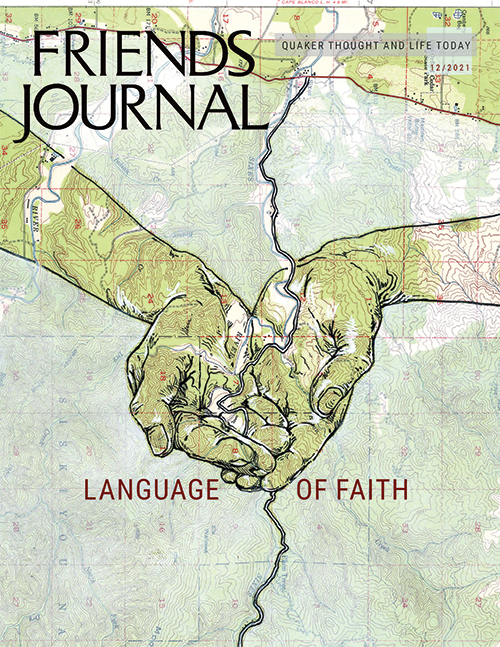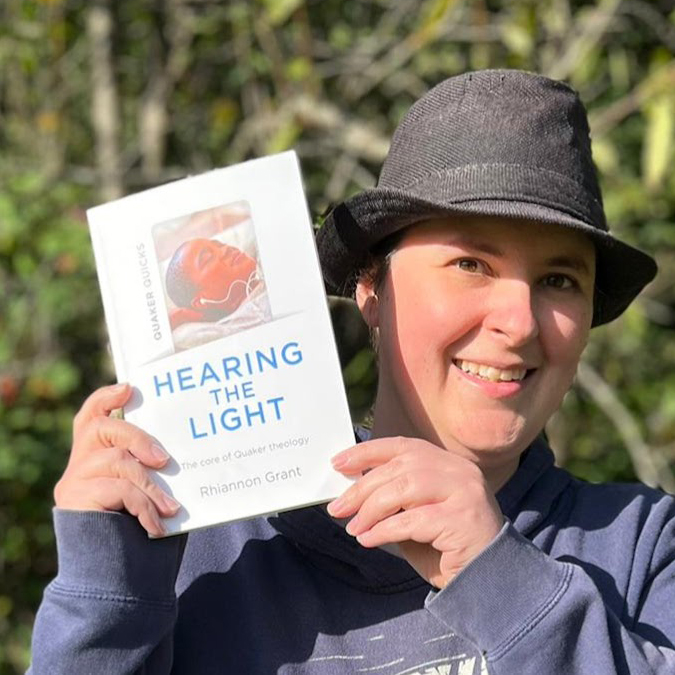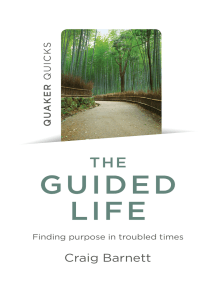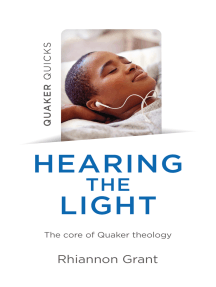Rhiannon Grant
Brigid, Fox, and Buddha: a personal homepage and blog

so you found Quakers on the internet…
Posted on September 25, 2022 | Leave a comment
You’ve seen a Tweet, TikTok, or other social media post about Quakers, and they sound great. Or you’ve read a Wikipedia article or a blog post or you’re just curious… you want to know more about Quakers. Where can you go?
In this blog post, I’ll run through three basic options for finding out more, depending what you want to know. In short, these are: the practical method, where you meet Quakers and try out Quaker worship; the more information method, where you learn more about Quakers in theory; and the historical approach, where you explore Quakers as they have been in the past. Of course, you don’t have to pick just one.
Practical. If you want to try out Quaker worship, what can you do? You can start on your own, right now, by looking for ways to be calm and quiet, and listen for an inner voice that helps you to understand things better and make good choices. Most Quakers find that our method works better in company, and you have options for that as well. Since you’ve found Quakers on the internet, you might want to try a Quaker meeting for worship online. There are some which are public, and you can just turn up: Woodbrooke and Ben Lomond Quaker Centre, for example. Many Quaker communities which meet in person also have an online element – to get the details for these, you usually need to contact the specific community you want to join. A selection are listed by the Friends World Committee for Consultation. And you can find an in person meeting by searching online: Friends Around the World is a good starting place, or there may be a more local database such as Britain Yearly Meeting’s Find a Meeting.
Theoretical. If you want to know more about Quakers in theory, you have lots of choices depending how you’d like to get your information. There are probably the widest range of choices for people who like to read: free leaflets to download, websites to explore, and books such as my Quakers Do What! Why?. If you’d like to see videos, QuakerSpeak is the big one, and check out srekauq on YouTube. For shorter bites, you could explore the TikTok channels run by Makenzie Morgan, Rory Kennison, and me. There are also some Quaker podcasts if you prefer to listen: you could start with A Quaker Take and Quaker Faith & Podcast. Lots more resources for this approach are linked from Wess Daniels’ Quakerism 101 page.
Historical. Perhaps you’ve interested in Quakers because you have Quaker family or ancestors, or because they’ve come up in relation to another area of history you’re interested in – the founding of America and especially Pennsylvania; the Civil War and Commonwealth in 17th Century England, Scotland, Wales and Ireland; or lots of other times and places. Finding out about Quakers today, through either of the methods above, might not answer your questions. In fact, because Quakers have changed a lot in some ways, it might just leave you more confused – if you want to know about Quakerplain dress, and you visit a Quaker meeting today, you’re unlikely to come away much clearer, because very few Quakers wear plain dress now. For a very quick starting point (5 minutes), this video by Young Friends in Richmond is good. You could also try the free three-week course from FutureLearn, Radical Spirituality or Pink Dandelion’s book An Introduction to Quakerism. If you want to dive deeper, you could start with this research guide from the TriCollege libraries, or contact the Library of the Society of Friends or the Friends Historical Library. To search for an individual, the family history website Ancestry has lots of Quaker records digitised and the Quaker Family History Society may be able to help.
What do you want to learn about Quakers? What resources have helped you? Please comment below with questions and suggestions.
Leave a comment
Posted in Uncategorized
Tagged education, exploring, history, learning, Meeting for Worship, practical, prayer, Quakerism, Quakers, queer theory, religion, research, resources
Why worry about spoken ministry?
Posted on August 25, 2022 | 1 comment
The other day I was teaching a Woodbrooke Where You Are session about Quaker worship and spoken ministry, and someone asked an excellent question which I think is worth exploring further. We were talking about reasons why Quaker meetings introduce a practice like afterwords, in which there is a space at the end of the unprogrammed worship when people are encouraged to share things they were considering during meeting – things which weren’t quite ministry but might be usefully shared, or which didn’t quite get spoken but might have been ministry. When I was researching this, one of the reasons meetings gave for introducing afterwords was to try and increase the amount of spoken ministry given during worship, by building up people’s confidence that what they have to share is valuable, is real ministry, and can rightly be shared with the whole community. But in my session someone asked: why would we want to do that? Why are we worried if there’s no spoken ministry? Can’t we just let things be and accept what spoken ministry we are given – or not given?
On the one hand, there’s a lot to be said for not worrying about spoken ministry. An hour’s silence can be a deep and rich experience of unprogrammed worship. Trying to encourage spoken ministry can also lead to practices like preparing or semi-preparing ministry – which changes our tradition of spoken ministry in a different way and can lead to trying to take too much control rather than trusting our unprogrammed method. Furthermore, our tradition has changed in the past and it can change again. If speaking during worship went the way of shaking and crying out in worship, as things once done but no longer part of our tradition, perhaps that would simply be where we are now being led to go.
On the other hand, spoken ministry given in worship is an important part of our tradition. There are reasons why we expect it to happen at least sometimes. I think it’s right for meetings where it’s becoming less common or almost unknown to at least ask why, and to consider whether they are led to do anything about it.
To put this in context, we could start by asking some questions about previous changes.
Why are Quakers no longer led to go around ‘naked for a sign’, wearing only their underwear in the marketplace? Perhaps because it’s no longer an effective way of getting our message across – modern equivalents might include behaviour like holding meeting for worship outside a military base or blocking roads during a climate protest, both things which are outside the range of ‘normal’ behaviour in today’s society but can be read as sending a message to the wider community.
Why do we no longer shake and cry out during unprogrammed worship? Perhaps because we want to be seen as calm and respectable; perhaps because our religious feelings are no longer so intense; perhaps because we express our emotions in other ways; perhaps because we have lost touch with our bodies and over-intellectualised our worship. This gives a good example of the way in which, depending why we think something has changed, we might want to revisit it. At least some Quakers now think that a deeper embodiment might enrich our worship, and things like Meeting for Worship for Dance are bringing some of this back.
So, if a meeting has little or no spoken ministry, over a matter of months, what questions arise?
Advertisements
REPORT THIS AD
Do the people attending meeting for worship know that offering ministry in words as well as silence is an option? Is everyone present clear that what’s happening is meeting for worship rather than, for example, a silent meditation session? (Too many spoken messages can raise a similar but opposite question: does everyone present understand what it means to say that this is a meeting for worship rather than, for example, a discussion?)
Is someone who is being led to give ministry not following that leading, at all or in the right way, for some reason? Quaker faith & practice gives some examples of this, and we can think of lots of possibilities – not feeling confident to speak, not feeling adequate to the message, not knowing whether it will be welcome, knowing that it is unconventional in content or delivery method and worrying about the response… Just as it would be wrong to try and get someone to offer spoken ministry without a true leading to do so, it seems wrong to me to fail to support someone who has a leading but struggles to follow it for whatever reason.
Are we truly not being given ministry to share in words, or are we not really listening? In my own life I know that I can be distracted, even during meeting for worship, and not focus on the Light. The movement of the Spirit can be subtle; what if we are missing it? This isn’t something I would want to judge in others, but I think it’s a question worth asking ourselves if meeting for worship is changing dramatically. For a long time, God’s words have come to Quaker communities through individuals who offered spoken ministry. If that isn’t happening for some of us now, that could be God changing Their approach to us – or it could be us.
Are we being given a rich ministry which arrives in some other form? If we each go from meeting for worship as we came to it and are no better for our coming (as Anne Wilson said to Samuel Bownas in spoken ministry), are we at least being changed outside the worship? If a community has a strong tradition of sharing spiritual experience and insight in discussion, there might be less need of spoken ministry; if the ministry arrives as dance or movement or knitting, the question of speaking might be unimportant.
If all these many questions point in a single direction, it’s to a need for radical openness to different leadings. A leading to entirely silent worship, a leading to offer ministry in worship through screaming rather than speaking, and a leading to offer ministry over coffee instead of during worship should all be tested in the same way – has this come from me and my wishes or wants, or through me from Love? – and taken equally seriously.
1 Comment
Posted in Uncategorized
Tagged afterwords, language, leadings, Meeting for Worship, prayer, Quakerism, religion, spoken ministry, theology, worship


